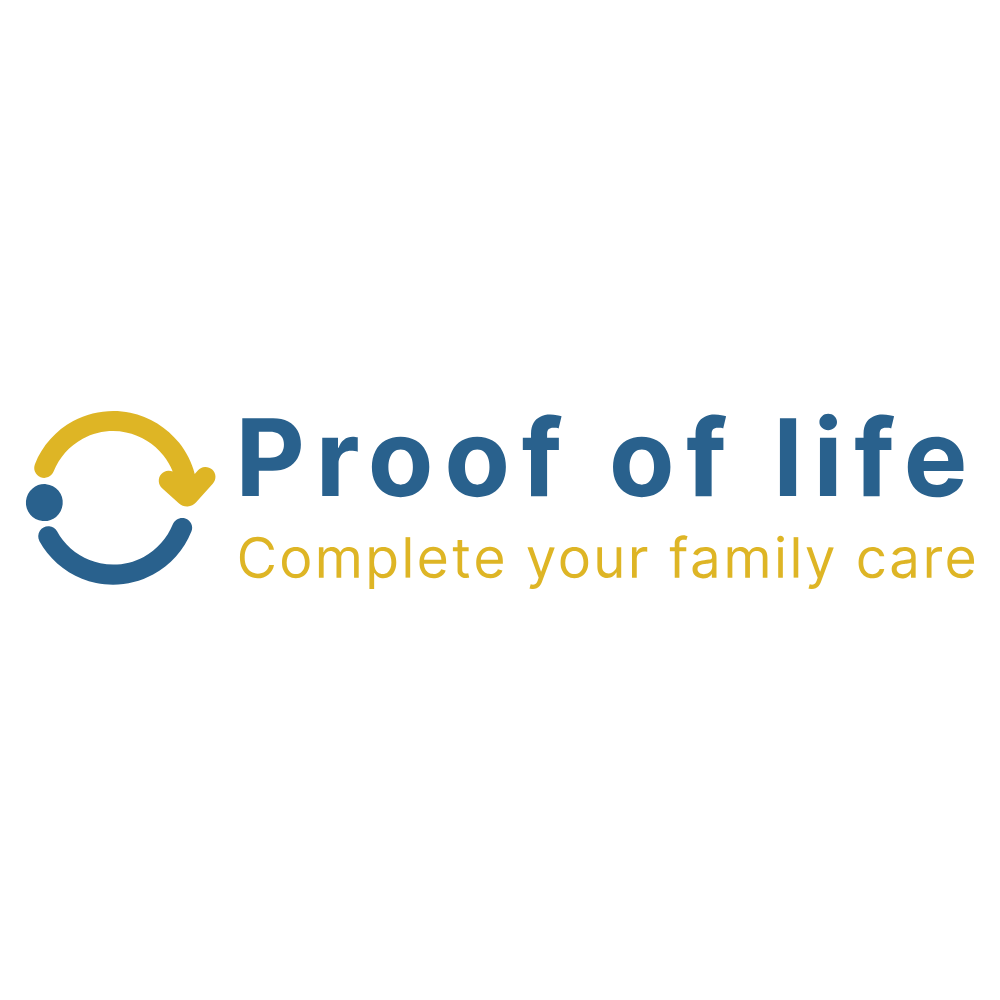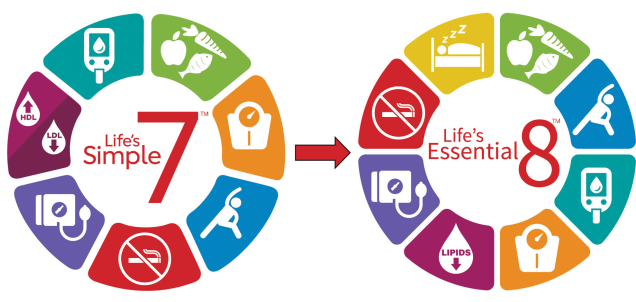Living with uncertainty
Life is full of uncertainties, and having your most important documents organized in one place can make a world of difference for you and your loved ones. A Life Essentials File serves as a centralized hub where you store critical records, instructions, and contacts needed in the event of an emergency, major life change, or even after death. It is more than just paperwork—it’s peace of mind. Whether it’s helping your family access legal documents, ensuring they know who to call in a crisis, or protecting your digital legacy, a Life Essentials File removes confusion during stressful times. Below are the eight categories you should include in your file, along with details on what to keep in each.
1. Personal Identification
Your identity documents are the foundation of a Life Essentials File. Without them, other processes—such as accessing financial accounts, applying for benefits, or claiming insurance—can be delayed or denied. Make sure copies of these records are kept in your file, while originals remain in a fireproof safe or a bank safe deposit box.
Include:
- Birth certificates
- Social Security cards
- Passports and visas
- Marriage licenses or divorce decrees
- Driver’s licenses or state IDs
- Military service records
Having these readily accessible ensures that your family can prove relationships, establish eligibility for benefits, or simply renew important documents without unnecessary hassle. It also prevents the chaos of searching through drawers or filing cabinets when time is short.
2. Emergency Contacts
When a crisis strikes, every second counts. Having a curated list of emergency contacts in your Life Essentials File eliminates confusion about who to call. This section functions as a quick-reference sheet, and it should include not only family members but also professionals who can assist in financial, legal, or medical matters.
Include:
- Family and friends’ emergency contacts
- Healthcare providers (primary doctor, dentist, specialists)
- Professional contacts (lawyer, accountant, financial advisor)
- Insurance agents (home, auto, health)
- Utility companies (gas, electricity, water, internet)
By maintaining this up-to-date list, you make sure that loved ones can swiftly reach the right people, whether that means a trusted doctor, an attorney, or an insurer to begin processing claims.
3. Financial Records
Money matters don’t pause for emergencies. From paying bills to managing investments, access to financial records is critical. Your Life Essentials File should contain details that allow you—or a trusted person—to navigate financial obligations smoothly.
Include:
- Bank account and investment account numbers
- Credit card details
- Loan documents (mortgage, car, student)
- Recent tax returns (at least the last two years)
- Sources of income (pay stubs, retirement benefits, Social Security)
Keeping this information consolidated avoids missed payments, helps maintain credit standing, and ensures continuity of financial planning. It also provides a roadmap for your heirs or executor to settle affairs efficiently.
4. Legal Documents and Estate Planning
Perhaps the most sensitive but important part of a Life Essentials File is your legal and estate planning paperwork. These documents dictate how your assets and responsibilities are handled in the event of incapacity or death. Without them, state law decides for you.
Include:
- Last Will and Testament
- Trust documents
- Power of Attorney (financial and medical)
- Advance healthcare directive or living will
- Guardianship designations for minor children
- Letter of intent (final wishes, funeral arrangements)
By organizing this category early, you reduce legal complications and family disputes. Your loved ones will have clarity on your intentions, and courts or financial institutions will respect the legal authority you have documented.
5. Medical Information
Medical emergencies often arise unexpectedly. Having a thorough medical record on hand ensures that doctors can provide the best possible care quickly. This section is equally valuable for caregivers who may need to advocate for you.
Include:
- List of medications and dosages
- Known allergies and chronic conditions
- Health insurance cards and policy information
- Immunization records
- Medical history, including surgeries and major illnesses
With this information available, healthcare professionals can make informed decisions without delay, avoiding dangerous oversights such as allergic reactions to prescribed medications.
6. Insurance Policies
Insurance is meant to provide financial protection, but claims cannot be filed if no one knows the policy exists. Keeping insurance details organized ensures that your beneficiaries or loved ones can act quickly.
Include:
- Homeowners or renters insurance
- Auto insurance policies
- Life insurance documents
- Health and dental insurance coverage
- Specialized insurance (flood, disability, umbrella policies)
A consolidated record of policies allows family members to file claims immediately, preventing delays in receiving benefits. It also avoids the risk of coverage lapsing simply because a bill went unpaid.
7. Household Information
Your home and belongings are often your most valuable assets, and having documentation of them is essential for smooth management and insurance claims. This section ensures that whoever takes over your affairs knows what you own and where to find key property records.
Include:
- Deeds, leases, or mortgage documents
- Vehicle titles and registrations
- A detailed home inventory with photos of valuables
- Appraisals of jewelry, art, or other high-value items
This category provides proof of ownership, establishes value for insurance purposes, and simplifies estate administration. If a disaster strikes, having an updated home inventory significantly streamlines the claims process.
8. Digital Legacy
In today’s world, digital assets are just as important as physical ones. From online banking to social media, your digital footprint must be addressed to avoid confusion or security risks after death.
Include:
- Login credentials for online accounts (financial, email, social media)
- Important email addresses and recovery options
- Password manager access details (if used)
- Instructions for accessing your devices (computer, smartphone, tablets)
This section prevents digital lockouts, helps loved ones preserve meaningful online content, and protects against cybercrime that may target inactive accounts. By treating your digital identity with the same care as traditional records, you safeguard your legacy in both worlds.
Hope alone isn’t a hedge against uncertainty
Hope is good to have, but it must be backed up with action. Don’t let procrastination defeat common sense. A Life Essentials File is more than a collection of paperwork—it’s a gift of clarity and preparedness for your family. By organizing documents across these eight categories, you protect your identity, finances, health, and legacy. Emergencies are unpredictable, but being ready ensures that stress is reduced and important decisions are made without added confusion. Start building your file today, and review it annually to keep it current. The peace of mind it brings is invaluable.


